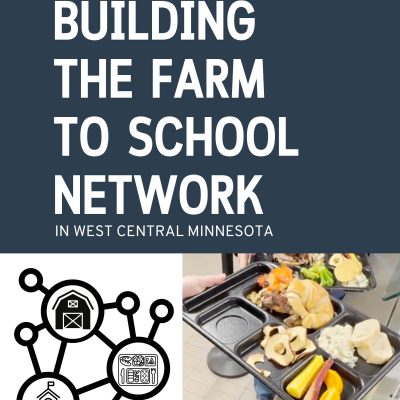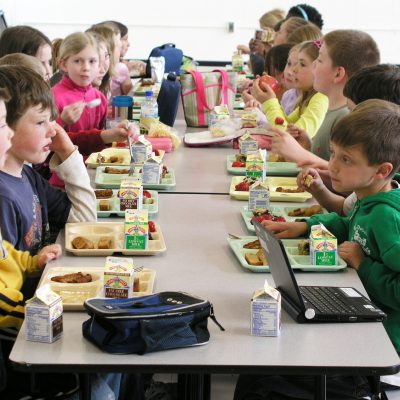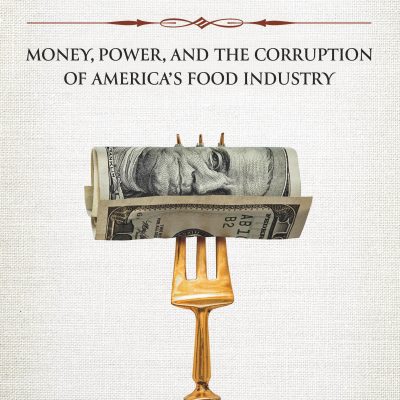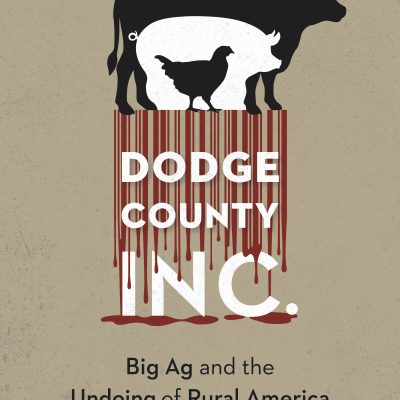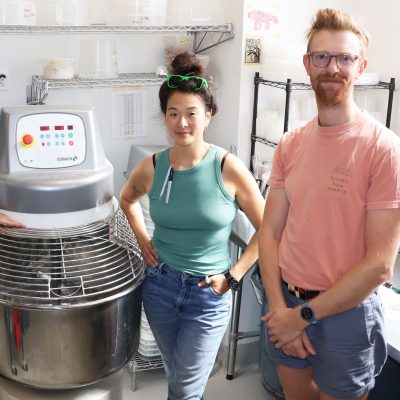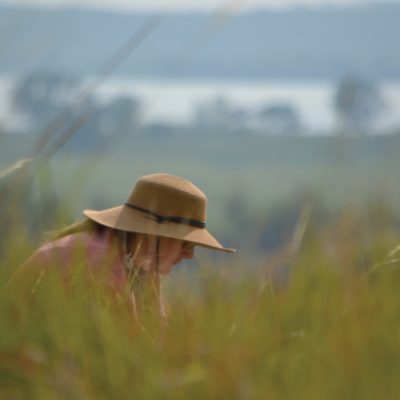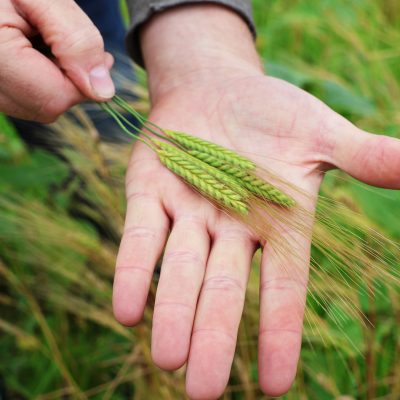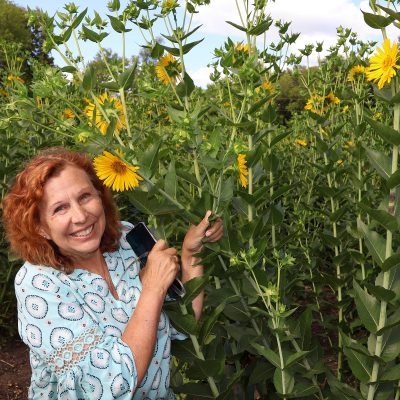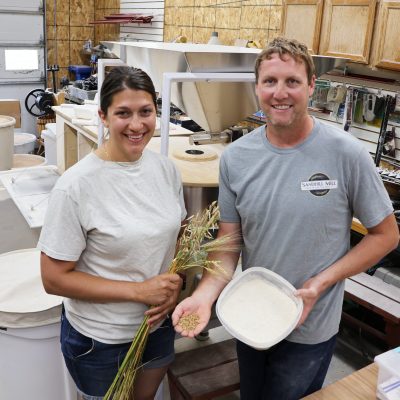Ear to the Ground 386: A Farm to School Taste Test
How a small, rural school district is taking a trial run at sourcing food from local farmers. More Information • MDA Farm to School & Early Care Programs & Grants • Report: Building the Farm to School Network in West Central Minnesota • LSP’s Community-Based Food Systems Web Page • Ear to the Ground 385:… Read More →
